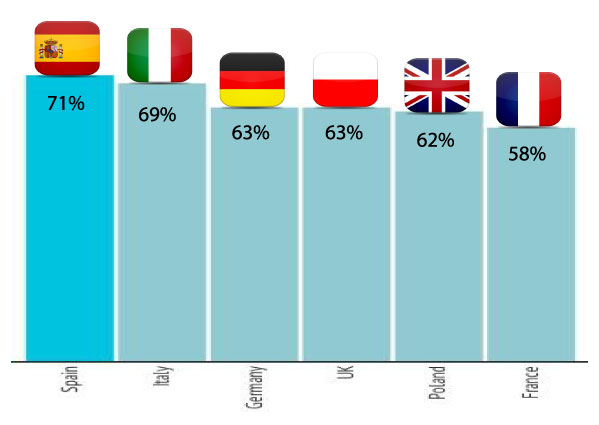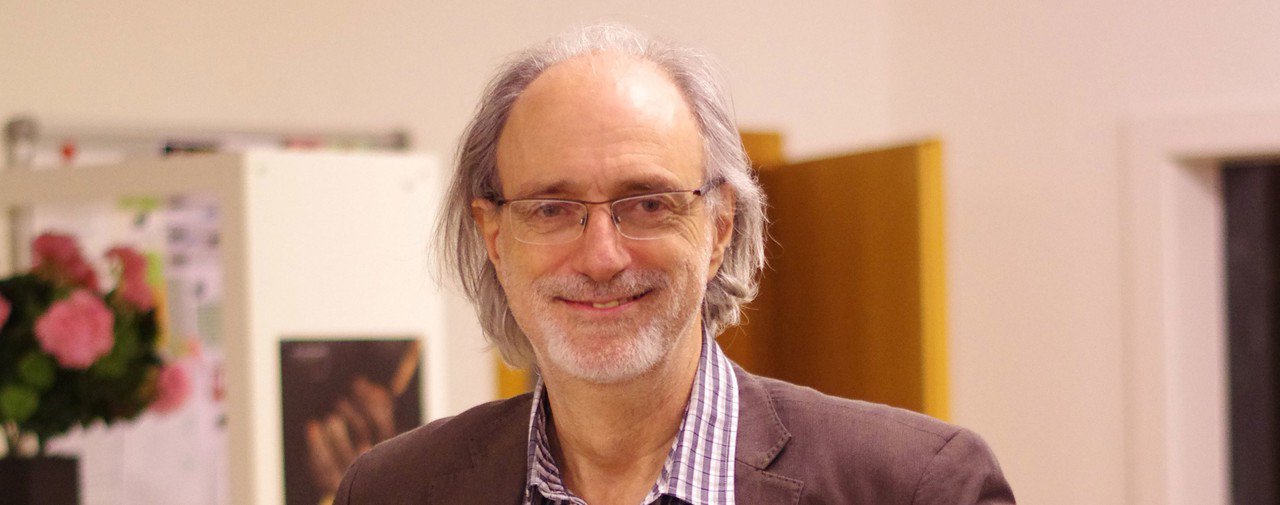Basic Income Earth Network - Switzerland
Home
UBI poll : 64% of Europeans would vote in favor, 4% would stop working
Most Europeans support the idea of a “basic income” paid to every individual to cover their basic needs, according to the first EU-wide survey on the subject. Governments would pay the same amount of money to each person, regardless of whether they work.
The poll, conducted by German company Dalia Research in April, was the first EU-wide survey to address the proposal of a basic income, defined in the poll as “an income unconditionally paid by the government to every individual regardless of whether they work and irrespective of any other sources of income”.

The preliminary results found that about 58 percent of respondents were aware of the idea of a basic income, and 64 percent would vote in favor of the policy in a referendum. [+]
- Print node
- Login to post comments
- 12890 reads
Historic vote: last preparations

Flags and stickers are available in our shop
Historic vote: last preparations
When two forces join, their strength doubles
Isaac Newton
Dear friend,
June 5, the day of the 1st UBI vote, is approaching, the voting envelopes are already coming in and the campaign is reaching its peak. Let's get together with friends to fill out and mail in the ballots together and celebrate this unique opportunity to become the world's leaders in social progress!
Summary:
- The world's biggest question in Geneva on May 14th
- Ja-Si-Oui, participate in the basic income campaign with Constance!
- RTS TV: the "infrarouge" debate on basic income
- A basic income pilot in Lausanne!
Happy reading!
- Print node
- 6698 reads
Robert Reich: It will not work without the Basic Income
Why the US economist and former Labor Secretary Robert Reich is in favor of the Swiss initiative and what that has to do with robots.?

dvancement opportunities have been halved – Robert Reich (16 january 2014).
Interview with Robert Reich by Michael Soukup
You are a prominent advocate of basic income, on which Switzerland votes in June. Why?
Sooner or later we cannot do without Basic Income, we just won’t have another choice. The technological progress kills more and more jobs. The British economist John Maynard Keynes said in 1928, in 2028 nobody has to work anymore to ensure his living thanks to the technical progress.
Are we not working more than ever? [+]
- Print node
- Login to post comments
- 31223 reads
A basic income pilot in Lausanne!

The inevitable "All work deserves a salary but all salary deserves work" has been pronounced. However the idea of a Lausanne laboratory to test a basic income has made it's way. The idea: "to study the effects of giving a basic income to group of people already receiving State assistance" explained Léonore Porchet. This in order to see "which are conditions that encourage or discourage the efforts of those receiving social assistance in the search for a job", she explained.
The Communal Council of Lausanne accepted this postulate of our friend, activist and member of the Council, Laurent Rebeaud Greens Vaud. The Municipality will have to consider implementing a basic income pilot project, that will allow to test this idea. Léonore Porchet brilliantly defended this postulate in front of the Communal Council and made her voice heard. The experiment is excpected to be conducted on a sample of people which already receive State assistance. Similar experiments are expected in other countries like the Netherlands and Finland.
- Article du 24 heures (FR)
- Article du Temps (FR)
- Print node
- Login to post comments
- 4514 reads
An unconditional basic income is a logical response to how the economy is evolving

Ralph Kundig – Published on Friday, February 5th, 2016 on LeTemps.ch (FR)
An unconditional basic income (UBI) for everyone, the subject of a popular vote in Switzerland on 5 June 2016, is - according to Ralph Kundig - the logical response to developments in the economy. These imply less and less connection between employment and the economy, and consequently between employment and the social safety net. Ralph is the president of BIEN-Switzerland, the association fighting to introduce an UBI in Switzerland
Big data, learning machines, digitization, open source: all are developments which threaten jobs, even highly qualified ones. Unemployment is rising and social security costs are mushrooming, with fewer and fewer workers to pay for it and feeble economic growth. The way things are going means that neither the economy nor social security can any longer remain dependent on employment.
We are already seeing that salaries no longer bear much relation to the usefulness of the work done. The proportion of the population whose revenue is derived from work is a mere 40%; all the others accomplish tasks which are equally necessary to value creation but are unpaid, such as caring for family, learning, volunteer work or art and culture. In the 21st century, the concept of paid work as the sole source of income, social integration and human value creation has become obsolete.
- Print node
- Login to post comments
- 13630 reads






